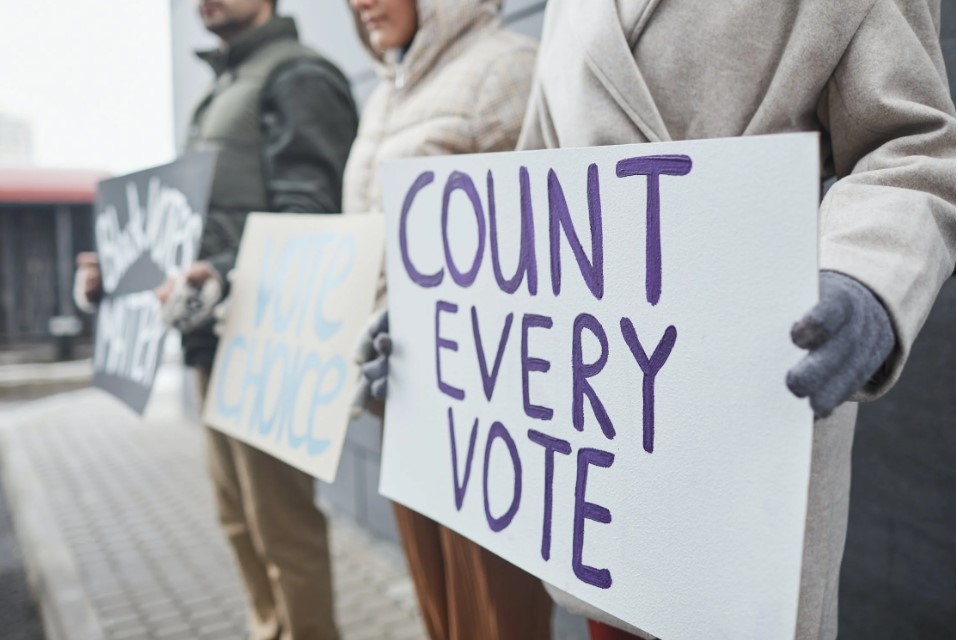Presently, we live in an era, where technology has revolutionized different aspects of our lives. You might have heard about blockchain technology. Yes, it is the technology behind the popular cryptocurrencies. This technology is highly appreciated for its potential in transforming traditional systems. A particular arena in which blockchain holds great promise is the voting system. It also can play a great role in governance.
How Can Blockchain Help Voting and Governance?
With the help of its core features of decentralisation, security and transparency, blockchain can play a key role in improving the efficiency and integrity of the voting process. Also, with these features, blockchain can enable more participatory and inclusive governance structures. You can gain a better understanding here:
Transparency:
One of the key characteristics of blockchain is its transparency. With this feature, this technology can effectively address concerns of electoral manipulation and fraud. Using distributed ledger, it will be possible to record every vote that is cast. Authorities can get every vote recorded not only immutably but also transparently. In other words, once a vote is cast, no one can modify or tamper it. In turn, it can ensure the integrity of outcomes. Due to the transparency offered by blockchain, it will be possible to carry out real-time verification and auditing. In turn, voters can stay confident about the legitimacy of the voting process.
Security:
Security is yet another considerable benefit of blockchain for governance and voting. When it comes to traditional voting systems, they are vulnerable to cyber-attacks and voting. Nevertheless, the cryptographic consensus mechanisms and algorithms of blockchain technology are to offer a sturdy layer of security. Every vote is encrypted and associated with the previous transaction. In turn, it forms a chain of blocks that are against tampering.
Decentralized Nature:
Further, the decentralised nature of blockchain technology brings down the dependence on a sole central authority. In turn, it makes it hard for malicious people to manipulate the system. This improved security can aid with building dependability in the voting process. By doing these things, blockchain can ensure the dependability of the voting outcomes.
More Participatory and Inclusive Governance Structure:
In addition to the features mentioned above, blockchain can help governance as it can enable more inclusive and participatory governance structures. When you take the case of traditional voting systems, participation is generally restricted to particular timeframes and physical locations. In turn, there are chances of exclusion of a particular segment of the population. Nevertheless, blockchain-based voting platforms can enable not only remote but also secure voting. In turn, citizens can cast their votes from anywhere in the world. This will help with higher voter turnout and a more representative governance system.
Conclusion:
In short, blockchain technology can play an effective role in revolutionizing governance and voting systems. Even, many governments at international levels have started to use this technology. The numbers will grow considerably in the future undoubtedly.
